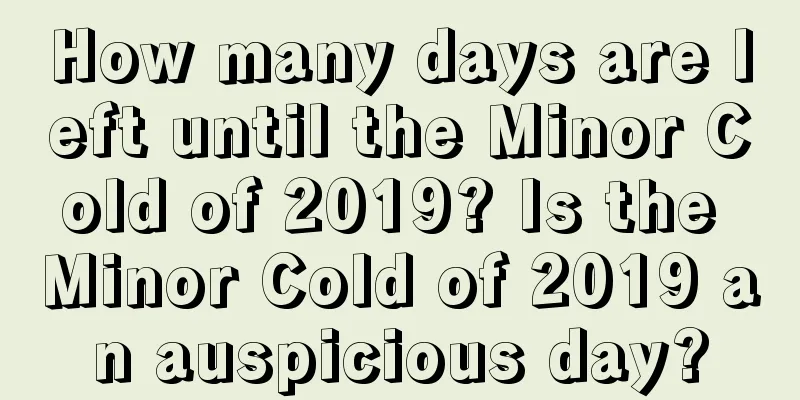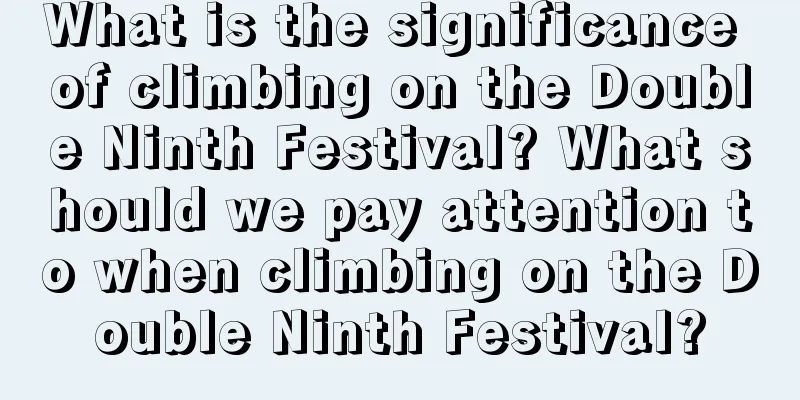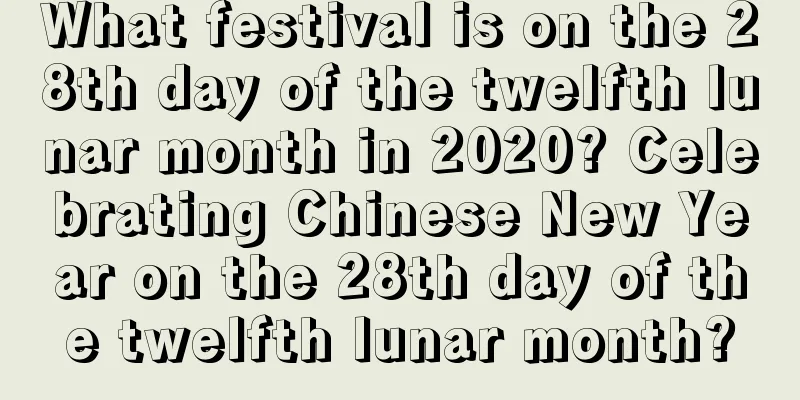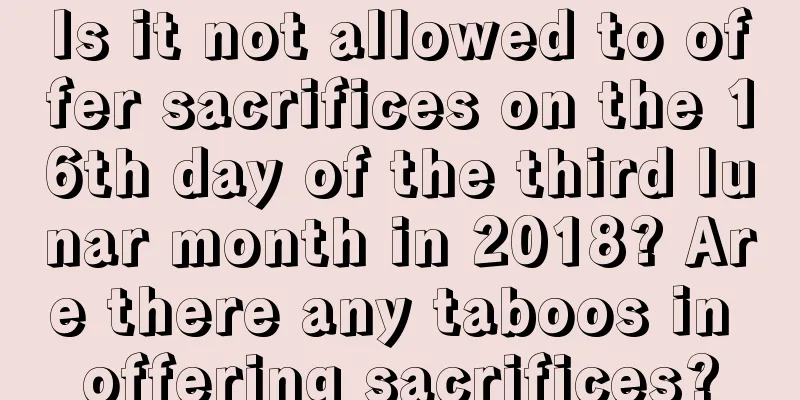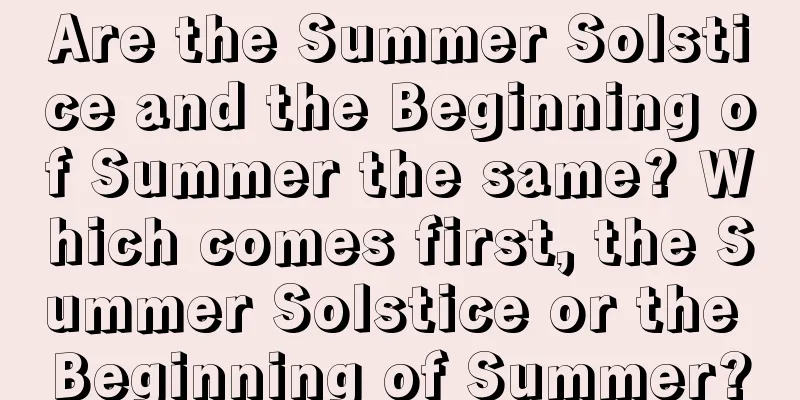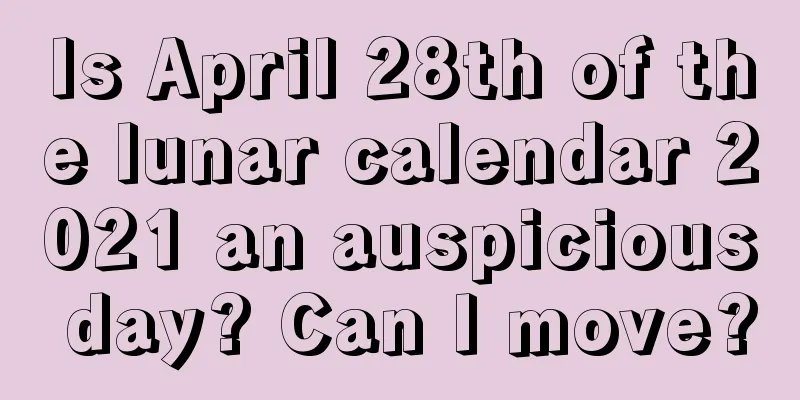What should we do during the Winter Solstice? Analysis of folk customs during the winter solstice

The Winter Solstice is a very important solar term in the Chinese lunar calendar and also a traditional festival of the Han ethnic group in my country. What should we do during the Winter Solstice? What folk activities are there during the Winter Solstice? The arrival of November in the lunar calendar means we have to bid farewell to the cool autumn and enter the cold winter. Let’s go to the November special topic on Shuimoxiansheng.com to learn about November in the lunar calendar of 2018.Folk customs during the winter solstice:Offering sacrifices to heaven <br /> Rulers of all dynasties offered sacrifices to heaven on the winter solstice. "Sacrificing to Heaven" is the ancient "suburban sacrifice" ceremony, which is a ceremony that must be held on the winter solstice by emperors of all dynasties to ward off disasters and pray for blessings.In the Northern Song Dynasty, sacrifices to heaven were mostly held in the southern suburbs of the capital, while in the Ming and Qing Dynasties, they were held at the Round Mound of the Temple of Heaven in Beijing. In ancient times, a round mound was a round earthen hill that was higher than the ground. It symbolized the roundness of the sky. Therefore, on the night before the ceremony of offering sacrifices to heaven, the emperor had to fast and bathe and live in the Zhai Palace. The ceremony of offering sacrifices to heaven was held on the winter solstice. Ancestor worship <br /> In folk culture, there is a custom of worshipping ancestors on the winter solstice. The ritual of worshiping ancestors on the Winter Solstice is the same as that on New Year's Day. While offering sacrifices to their ancestors, people also pay respects to their parents and elders. In ancient times, there was a custom of presenting shoes and socks to the elderly, and this custom is still very popular today. There is a proverb in Fujian and Taiwan that goes, "The Winter Solstice is as important as the New Year's Day, and if you don't go back, you will have no ancestors to visit." All those who go out to make a living must rush back to their hometowns to celebrate the New Year during the Winter Solstice, which means they will have a home at the end of the year. In the Chaoshan area of Guangdong, people prepare three kinds of animals and fruits on the day of the winter solstice and go to the ancestral temple to worship their ancestors. After that, the family will eat together around the table. The worship is usually completed before noon, and the family will gather for lunch. But in the coastal areas of Haishan in Raoping, people would offer sacrifices to their ancestors early in the morning before the fishermen go out to sea to fish, asking the gods and ancestors to bless the fishermen to return safely from the sea. In Hui'an, Guangdong, in addition to ancestor worship, the Winter Solstice Festival also has some similar customs to the Qingming Festival, such as visiting tombs and offering money within ten days before and after the Winter Solstice, and there is no taboo on repairing and moving tombs. In Taiwan, there is a tradition of using nine-layer cake to worship ancestors during the winter solstice. People use glutinous rice flour to make chickens, ducks, turtles, pigs, cows, sheep and other animals that symbolize good luck, fortune, wealth and longevity. They then steam them in layers in a steamer and use them to worship their ancestors to show that they remember their ancestors. People of the same surname and clan gather at the ancestral temple on the winter solstice or on an agreed-upon date before or after it, and worship their ancestors one by one in order of seniority, commonly known as "ancestor worship." After the ceremony, a grand banquet will be held to entertain the relatives who come to worship their ancestors. Everyone drinks happily and reconnects with each other, which is called "eating ancestors". The Winter Solstice Festival is a time to honor ancestors. It has been passed down from generation to generation in Taiwan. To show that they have not forgotten their "roots". Counting the Nines <br /> People call the winter solstice "Jiaojiu" or "Counting the Nines", which means starting from the winter solstice, every nine days is a "nine", a total of 9 "nine", a total of 81 days, and spring will come after 81 days. Counting the nine-nine days after the winter solstice is very popular all over the country. People in different regions have compiled various proverbs and rhymes for counting the nine-nine days according to different climatic conditions, scenic features, agricultural phases and customs. These proverbs and proverbs are recorded in many ancient books. The most representative of these is the following jingle: On the 19th and 29th days, don't go out; on the 39th and 49th days, walk on the ice; on the 59th and 69th days, look at the willows along the river; on the 79th day, the river opens; on the 89th day, wild geese come; on the 99th plus 19th day, oxen walk everywhere. The proverbs and rhymes about the nine-nine days are not only a summary of people’s experience with the climate over the years, but also a kind of anticipation for spring in the severe winter. Sticking dumplings on the door <br /> In southern Fujian and Chaoshan, during the winter solstice, in addition to eating glutinous rice balls, people also roll two large dumplings and stick them on the door knocker, symbolizing reunion and good luck. This custom originated from a folk legend: On the winter solstice of one year, an old beggar had no money to bury his wife who had frozen to death, so he had to sell his daughter to a rich family as a slave. The daughter was in so much pain that she fainted. The old beggar quickly begged for a bowl of rice soup and fed it to his daughter mouthful by mouthful. Slowly, his daughter finally woke up. The old beggar got a few more glutinous rice balls for his daughter and comforted her: "Our separation today is like the two halves of this ball. Now we each eat half, and when life gets better in the future and we are reunited, we can eat the balls again." After that, the old beggar said goodbye to his daughter, buried his wife, and went on to beg again. Three years passed, and the old beggar still did not come back to find his daughter. His daughter missed her father and hoped that they could be reunited soon. During the winter solstice festival one year, she came up with an idea and suggested to her master: "Everyone eats glutinous rice balls during the winter solstice, so we should also offer them to the door gods." The master agreed, and she rolled two large glutinous rice balls and stuck them on the door knocker to express her longing for her father. Her filial piety moved later generations, and it became a custom that has been passed down to this day. Giving Shoes <br /> During the winter solstice, people have the custom of giving shoes as gifts. It is said in "China Past and Present": "In the Han Dynasty, there were embroidered mandarin duck shoes. Emperor Zhao ordered them to be presented to uncles and aunts on the winter solstice." As time went by, the custom of giving shoes to uncles and aunts gradually evolved into uncles and aunts giving shoes and hats to nephews and nieces. In ancient times, hand-embroidered shoes given to women were mostly embroidered with flowers and birds, and hats were mostly made in the shape of phoenixes; shoes given to men were mostly embroidered with ferocious beasts, and hats were mostly made in the shape of tigers. Offering socks and shoes <br /> In ancient times, women presented shoes and socks to their parents-in-law on the winter solstice. The Later Tang Dynasty's "Notes on China's Past and Present" stated: "In the Han Dynasty, there were embroidered mandarin duck shoes. Emperor Zhao ordered them to be presented to their uncles and aunts on the winter solstice." Since then, it has become a custom for women to present socks and shoes to their parents-in-law on the winter solstice. Cellar flowers <br /> In late winter and early spring, flower markets often use cellar storage technology to make flowers bloom early, such as peonies, peonies, peach trees, magnolias, etc. At this time, they can be trimmed into bonsai and sold for people to decorate the New Year. They are commonly known as Tang flowers. Because fire is used to heat the air and promote the flowers to bloom, the flowering period is not long. During the Song Dynasty, the Tang flowers sold by Ma Mu in Hangzhou were the most famous. After winter, people in Beijing would dig cellars in the ground, use flames to smoke the soil, plant flowers, fruits and melons in the cellars, and water them frequently to promote their growth. Even in the dead of winter, all vegetables and fruits are still available. According to "Tianbao Yishi", when there was a heavy snow, Wang Renyu, a Tang Dynasty scholar, would clear the snow on the roads and invite guests to his residence for a banquet. This was called the Warm the Cold Party. After the winter solstice, some people would gather together with friends to drink in turns, which was called the Cold-eliminating Party. The Records of Jinling Sui Shi Ji records: "After the winter solstice in my hometown, nine people get together to drink humbly. From the first nine days to the ninety-nine days, each person hosts a party, which is called the Cold Elimination Party. In addition to drinking, scholars and poets also talk about poetry." Storing winter ice <br /> Ice is widely used. It can preserve freshness and can be used as medicine. In summer, ice is used to make cold drinks, so a larger box is needed. The ancient Chinese knew how to make and use ice very early on. There is a sentence "納于凌阴" in the Book of Songs, which shows that the practice of storing ice among the people has been practiced as early as the Zhou Dynasty. People in the north usually build cellars to store ice around the winter solstice. People use iron rods to chisel ice from the river. A piece of ice that is more than one foot wide and two feet long is called a square. On the winter solstice, the ice is stored in cellars. The cellar is about two feet deep. After the ice is stored, the cellar is immediately sealed tightly. At the same time, various fresh fruits are stored in the cellar. After spring, they are taken out and sold in the market. The color is as if they were just picked from the tree. Abstain from sexual intercourse <br /> The temperature drops in winter. Everything hides, including the human body. Therefore, it is best not to indulge in sexual desires at this time, otherwise your essence and blood will be depleted, your physical condition will weaken, and it will be difficult to resist the severe cold weather. In addition, the winter solstice is also a major solar term in the year in terms of climate change. We should pay special attention to abstinence, health preservation, and more rest. "Book of the Later Han Dynasty: Rituals and Etiquette" records: "Around the winter solstice, gentlemen rest and quiet their bodies, and officials stop working and do not attend to government affairs." This is also the traditional health-preserving habit of the Chinese nation. |
<<: What activities should we do during the Winter Solstice? How to eat during the winter solstice?
>>: Introduction to the Winter Solstice Solar Term, What Does the Winter Solstice Represent?
Recommend
Can’t go back to my parents’ home on March 3rd? What are the taboos of March 3rd?
The third month of the lunar calendar is one of th...
2019 New Year's greetings on WeChat on the 13th day of the first lunar month, recommended text messages
One festival, one greeting, let us spread the bles...
Is it a good idea to get married on April 29th of the lunar calendar in 2020?
Is it a good idea to get married on April 29th of...
Is September 19th of the lunar calendar in 2021 an auspicious day? Is it suitable for weddings and banquets?
"The swallows bid farewell and the swans fly ...
Are people born in the year of the dragon good or bad? What is the fate of people born in different months of the year of the dragon?
People must have ambition to achieve great success...
Is it possible to get engaged in the seventh month of the lunar calendar in 2022? How many auspicious days are there?
The seventh month of the lunar calendar marks the ...
Can we start renovation during Grain Rain in 2018? What should we pay attention to when starting construction during Grain Rain?
China is a country that is particularly particular...
What are the methods of choosing a compass?
Introduction: When we come into contact with a com...
Is it a good idea to get a haircut on August 29th of the lunar calendar in 2021? Is the hexagram a good omen?
Healthy hair can also give people a feeling of &qu...
Can I offer sacrifices on the 17th day of the fifth lunar month in 2018?
Nowadays, sacrifice has become a large-scale natio...
Where is the God of Happiness on the fourth day of the tenth lunar month in 2017?
Good things always happen in winter, because peop...
Where is the auspicious position for the God of Wealth in 2019? Where should the God of Wealth be placed to attract wealth in 2019?
Introduction: Not only will the Feng Shui directio...
Interpretation of the zodiac signs and constellations of babies born on April 23rd of the leap lunar calendar in 2020!
Zodiac signs and constellations are both personal ...
Is it good for a boy born on New Year’s Eve 2019 to have a good fate? What talents do you have?
Although everyone cannot choose the time of their ...
Is the second day of the twelfth lunar month in 2019 suitable for signing a contract?
Is the second day of the twelfth lunar month in 20...

